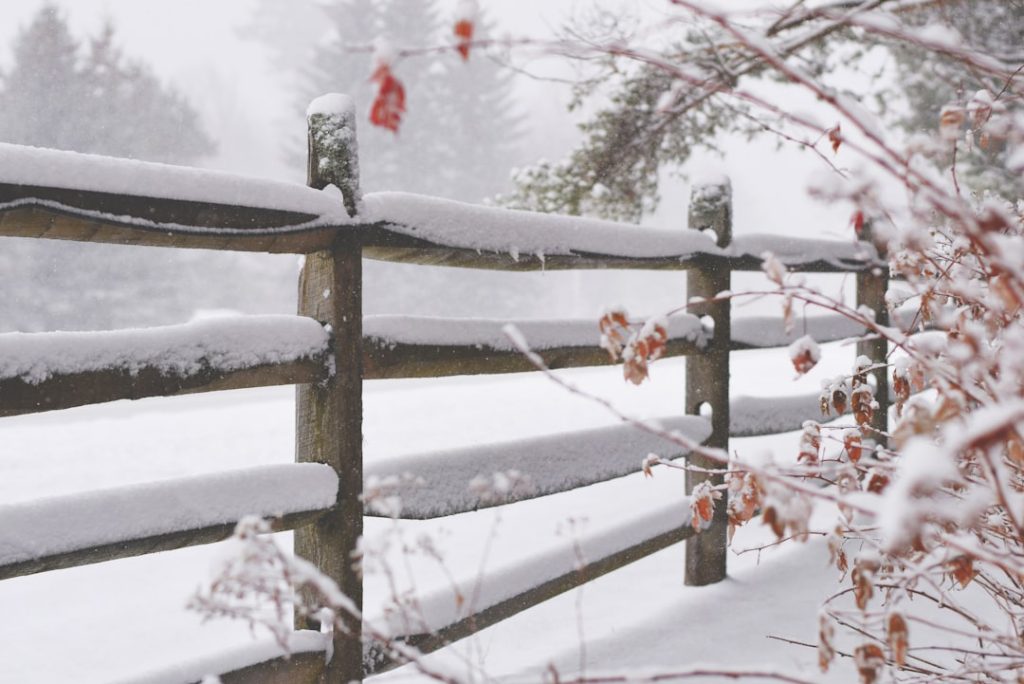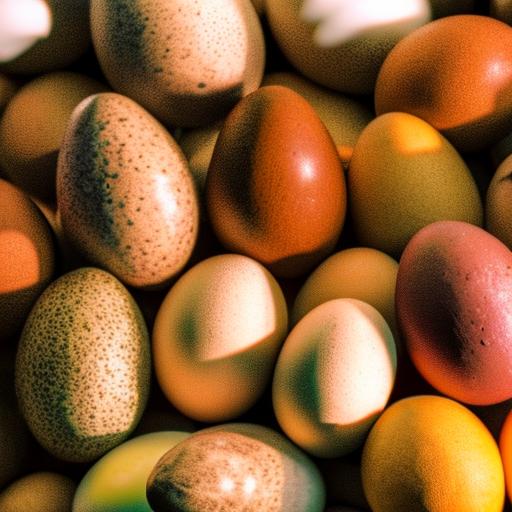Selecting appropriate chicken breeds for cold climates is crucial for successful poultry raising. Cold hardy chicken breeds are specifically developed to thrive in low-temperature environments, making them ideal for regions with harsh winters or extended cold seasons. These breeds possess genetic traits that enable them to endure freezing temperatures, snow, and ice while maintaining egg production and overall health.
Cold hardy chickens typically feature dense feathering, small combs and wattles, and robust body structures that help them conserve heat and resist frostbite. Popular cold hardy breeds include Australorp, Brahma, Buff Orpington, Plymouth Rock, Rhode Island Red, and Wyandotte. These breeds are known for their ability to adapt to cold weather conditions while continuing to lay eggs throughout the winter months.
Raising cold hardy chickens offers several advantages, including consistent egg production during colder seasons, reduced heating costs for coops, and increased flock resilience. However, proper care is still essential to ensure the birds’ well-being in extreme weather. This includes providing adequate shelter, insulation, ventilation, and nutrition tailored to cold weather needs.
For beginners interested in raising chickens in cold climates, it is advisable to start with a small flock of cold hardy breeds and gradually expand as experience is gained. Researching specific breed characteristics, local climate patterns, and best practices for winter chicken care will contribute to a successful and rewarding poultry-raising experience.
Table of Contents
- 1 Characteristics of Cold Hardy Chicken Breeds
- 2 Popular Cold Hardy Chicken Breeds
- 3 Benefits of Raising Cold Hardy Chicken Breeds
- 4 Tips for Caring for Cold Hardy Chicken Breeds in Cold Climates
- 5 Cold Hardy Chicken Breeds for Beginners
- 6 Choosing the Right Cold Hardy Chicken Breed for Your Climate
- 7 FAQs
Key Takeaways
- Cold hardy chicken breeds are well-suited for colder climates and can thrive in low temperatures.
- These breeds have specific characteristics that make them resilient to cold weather, such as smaller combs and dense feathering.
- Popular cold hardy chicken breeds include the Plymouth Rock, Wyandotte, and Orpington, known for their cold tolerance and egg production.
- Raising cold hardy chicken breeds can provide benefits such as consistent egg production throughout the year and lower risk of frostbite.
- To care for cold hardy chicken breeds in cold climates, provide adequate shelter, insulation, and access to fresh water to prevent freezing.
- Beginners can start with cold hardy chicken breeds like the Rhode Island Red or Sussex, known for their hardiness and ease of care.
- When choosing the right cold hardy chicken breed for your climate, consider factors such as egg production, temperament, and cold tolerance to ensure a successful and sustainable flock.
Characteristics of Cold Hardy Chicken Breeds
Active and Hardy Nature
Many cold hardy breeds are also recognized for their energetic and hardy nature, which enables them to forage for food even in snowy or icy conditions. These breeds are also known for their ability to continue laying eggs throughout the winter months, making them a valuable addition to any flock.
Friendly and Docile Temperaments
In addition to their physical characteristics, cold hardy chicken breeds are often known for their friendly and docile temperaments, making them a great choice for backyard flocks.
Thriving in Cold Climates
Overall, these breeds are well-suited to cold climates and can thrive even in the harshest winter conditions.
Popular Cold Hardy Chicken Breeds

There are several popular cold hardy chicken breeds that are well-suited to cold climates. One popular breed is the Plymouth Rock, which is known for its hardiness and ability to withstand cold temperatures. Plymouth Rocks have a dual-purpose nature, meaning they are good for both egg production and meat.
Another popular cold hardy breed is the Wyandotte, which is known for its beautiful laced feathers and ability to thrive in cold weather. Wyandottes are also known for their friendly and docile nature, making them a great choice for backyard flocks. The Orpington is another popular cold hardy breed, known for its large size, gentle temperament, and ability to lay eggs consistently throughout the winter.
Other popular cold hardy breeds include the Rhode Island Red, Australorp, and Sussex. These breeds are all well-suited to cold climates and are known for their ability to thrive in harsh winter conditions.
Benefits of Raising Cold Hardy Chicken Breeds
There are several benefits to raising cold hardy chicken breeds, especially for those living in cold climates. One of the main benefits is that these breeds are able to continue laying eggs throughout the winter months, providing a valuable source of fresh eggs even when other animals may not be producing. Additionally, many cold hardy breeds are dual-purpose, meaning they can also be used for meat production if desired.
Another benefit is that these breeds are well-suited to foraging for food even in snowy or icy conditions, reducing the need for supplemental feed during the winter months. Cold hardy chicken breeds are also known for their friendly and docile temperaments, making them a great choice for families with children or those looking for a pet-like addition to their backyard. Overall, raising cold hardy chicken breeds can provide a sustainable source of food and enjoyment throughout the winter months.
Tips for Caring for Cold Hardy Chicken Breeds in Cold Climates
Caring for cold hardy chicken breeds in cold climates requires some special considerations to ensure their health and well-being during the winter months. Providing adequate shelter is essential, as it will protect the chickens from wind, snow, and freezing temperatures. The coop should be well-insulated and free from drafts, with plenty of bedding to keep the chickens warm.
It’s also important to ensure that the coop is well-ventilated to prevent moisture buildup, which can lead to frostbite and respiratory issues. Additionally, providing access to fresh water is crucial, as chickens can become dehydrated in cold weather. Using heated waterers or regularly replacing frozen water with fresh water can help ensure that the chickens stay hydrated.
Finally, providing a balanced diet with plenty of protein and nutrients will help keep the chickens healthy and laying eggs throughout the winter months.
Cold Hardy Chicken Breeds for Beginners

Beginner-Friendly Breeds
For those new to raising chickens, there are several breeds that are perfect for starting your own flock. The Plymouth Rock is an excellent choice, known for its hardiness, friendly nature, and consistent egg production. Another great option is the Wyandotte, which is easy to care for and boasts beautiful laced feathers.
Gentle Giants
The Orpington is a great addition to a family flock, as it is gentle and easy to handle. This breed is perfect for beginners who want a low-maintenance and friendly chicken.
Other Cold Hardy Breeds
Other beginner-friendly cold hardy breeds include the Rhode Island Red, Australorp, and Sussex. These breeds thrive in cold climates and are known for their ease of care and consistent egg production.
Choosing the Right Cold Hardy Chicken Breed for Your Climate
In conclusion, choosing the right cold hardy chicken breed for your climate is essential for ensuring the health and well-being of your flock. Cold hardy breeds are specifically bred to thrive in colder temperatures and harsh weather conditions, making them an ideal choice for those living in northern regions or areas with long, cold winters. These breeds have physical characteristics that allow them to withstand freezing temperatures and continue laying eggs throughout the winter months.
Popular cold hardy breeds include the Plymouth Rock, Wyandotte, Orpington, Rhode Island Red, Australorp, and Sussex, all of which are well-suited to cold climates and known for their hardiness and consistent egg production. When caring for cold hardy chicken breeds in cold climates, it’s important to provide adequate shelter, access to fresh water, and a balanced diet to ensure their health and well-being throughout the winter months. For beginners looking to start their own flock of cold hardy chicken breeds, there are several beginner-friendly options to consider, including Plymouth Rocks, Wyandottes, Orpingtons, Rhode Island Reds, Australorps, and Sussex.
By choosing the right breed and providing proper care, you can enjoy the benefits of raising cold hardy chickens in even the coldest of climates.
If you’re interested in raising cold hardy chicken breeds, you may also want to consider building a garden chicken coop. This article from Poultry Wizard provides helpful tips and ideas for creating a comfortable and functional coop that will keep your cold hardy chickens happy and healthy. Check out the Garden Chicken Coop article for more information on creating the perfect environment for your cold hardy chickens.
FAQs
What are cold hardy chicken breeds?
Cold hardy chicken breeds are breeds of chickens that are able to withstand and thrive in cold climates. These breeds are able to tolerate colder temperatures and continue to lay eggs even in the winter months.
What are some examples of cold hardy chicken breeds?
Some examples of cold hardy chicken breeds include the Plymouth Rock, Wyandotte, Orpington, Sussex, and Marans. These breeds have been bred to withstand colder temperatures and are known for their ability to continue laying eggs in the winter.
What characteristics make a chicken breed cold hardy?
Cold hardy chicken breeds typically have smaller combs and wattles, which are less susceptible to frostbite. They also have dense, insulating feathers and a larger body size, which helps them retain body heat in colder temperatures.
How do cold hardy chicken breeds differ from other breeds?
Cold hardy chicken breeds are specifically bred to withstand colder temperatures and continue laying eggs in the winter. They have physical characteristics that make them better suited for cold climates, such as smaller combs and wattles, and dense, insulating feathers.
What are the benefits of raising cold hardy chicken breeds?
Raising cold hardy chicken breeds can be beneficial for poultry keepers in colder climates, as these breeds are able to continue laying eggs throughout the winter months. They also require less maintenance and protection from the cold, making them easier to care for in colder climates.
Meet Walter, the feathered-friend fanatic of Florida! Nestled in the sunshine state, Walter struts through life with his feathered companions, clucking his way to happiness. With a coop that’s fancier than a five-star hotel, he’s the Don Juan of the chicken world. When he’s not teaching his hens to do the cha-cha, you’ll find him in a heated debate with his prized rooster, Sir Clucks-a-Lot. Walter’s poultry passion is no yolk; he’s the sunny-side-up guy you never knew you needed in your flock of friends!







